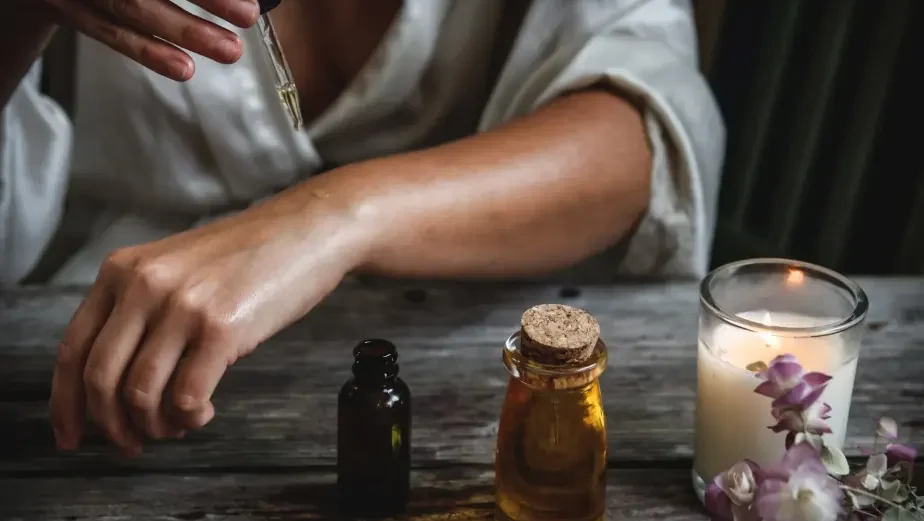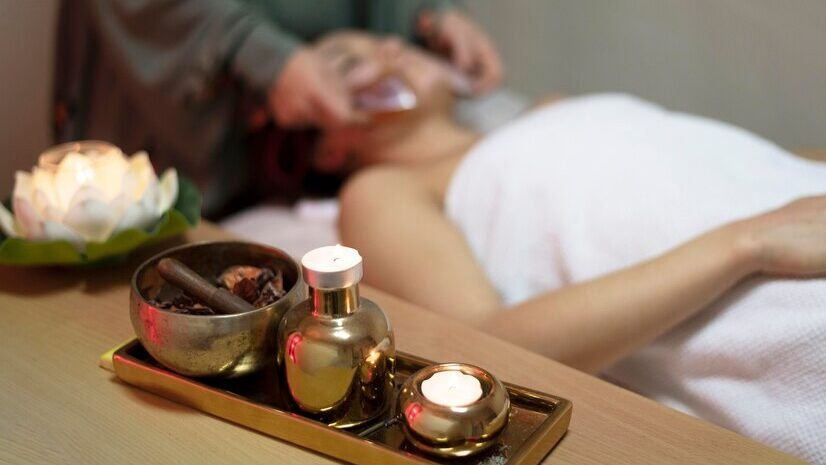Essential oils have long been valued for their therapeutic properties and are a cornerstone of aromatherapy. However, due to their potency, it is crucial to use them safely to avoid adverse reactions. This blog will cover essential safety tips for using essential oils, the benefits of proper usage, and address common FAQs.

Introduction
Aromatherapy is a holistic healing practice that utilizes essential oils to promote physical and emotional well-being. While essential oils can offer numerous benefits, improper use can lead to skin irritation, allergic reactions, or other health issues. Understanding how to use these powerful plant extracts safely ensures you can enjoy their benefits without risk.
Key Safety Tips for Using Essential Oils
1. Dilution is Essential:
- Essential oils are highly concentrated and should always be diluted with a carrier oil (such as coconut, almond, or jojoba oil) before applying to the skin. A general guideline is 2-3 drops of essential oil per tablespoon of carrier oil.
2. Patch Test New Oils:
- Before using a new essential oil, perform a patch test by applying a small amount of diluted oil to your inner forearm. Wait 24 hours to see if any irritation or allergic reaction occurs.
3. Avoid Sensitive Areas:
- Do not apply essential oils to sensitive areas such as the eyes, ears, or mucous membranes. If accidental contact occurs, rinse thoroughly with a carrier oil or cold water.
4. Proper Storage:
- Store essential oils in dark glass bottles, away from direct sunlight and heat, to maintain their potency. Keep them out of reach of children and pets.
5. Be Aware of Photosensitivity:
- Some essential oils, particularly citrus oils like lemon and bergamot, can cause photosensitivity, leading to skin irritation or burns when exposed to sunlight. Avoid sun exposure for at least 12 hours after applying these oils.
6. Inhalation Precautions:
- When using a diffuser, ensure the area is well-ventilated. Start with short diffusion periods (15-30 minutes) and observe any adverse reactions.
7. Avoid Ingestion:
- Essential oils should not be ingested unless under the supervision of a qualified healthcare professional, as they can be toxic when taken internally.
8. Consult with a Healthcare Provider:
- If you are pregnant, nursing, have a medical condition, or are taking medications, consult with a healthcare provider before using essential oils.
Benefits of Using Essential Oils Safely
- Enhanced Effectiveness: Proper dilution and usage enhance the therapeutic benefits of essential oils, ensuring you get the most out of your aromatherapy experience.
- Reduced Risk of Adverse Reactions: Following safety guidelines minimizes the risk of skin irritation, allergic reactions, and other adverse effects.
- Long-Term Use: Safe practices ensure that you can enjoy the benefits of essential oils over the long term without negative consequences.
- Customized Experience: By understanding safety guidelines, you can tailor the use of essential oils to meet your specific needs effectively and safely.
FAQs About Essential Oil Safety
Q: Can essential oils be used undiluted on the skin?
A: Generally, essential oils should be diluted with a carrier oil before applying to the skin to prevent irritation and sensitization. Some oils, like lavender and tea tree, can occasionally be used undiluted on small areas, but it is always safer to dilute.
Q: How should essential oils be stored?
A: Essential oils should be stored in dark glass bottles in a cool, dry place, away from direct sunlight and heat, to preserve their potency.
Q: Are essential oils safe for children?
A: Some essential oils are safe for children when used correctly. Always use a higher dilution ratio for children and consult with a healthcare provider before use.
Q: Can essential oils cause allergic reactions?
A: Yes, some individuals may be allergic to certain essential oils. Always perform a patch test before using a new oil and discontinue use if any adverse reaction occurs.
Q: Is it safe to use essential oils during pregnancy?
A: Some essential oils are safe during pregnancy, while others should be avoided. Always consult with a healthcare provider before using essential oils during pregnancy.
Q: How often can essential oils be used?
A: Essential oils can be used daily, but it is important to monitor your body’s response and avoid overexposure. Start with small amounts and gradually increase as needed.
Conclusion
Using essential oils safely is crucial to enjoy their many benefits without risking adverse reactions. By following these safety tips and guidelines, you can confidently incorporate essential oils into your aromatherapy practice. Always prioritize safety, consult with a healthcare provider when in doubt, and enjoy the holistic benefits that essential oils can offer.

